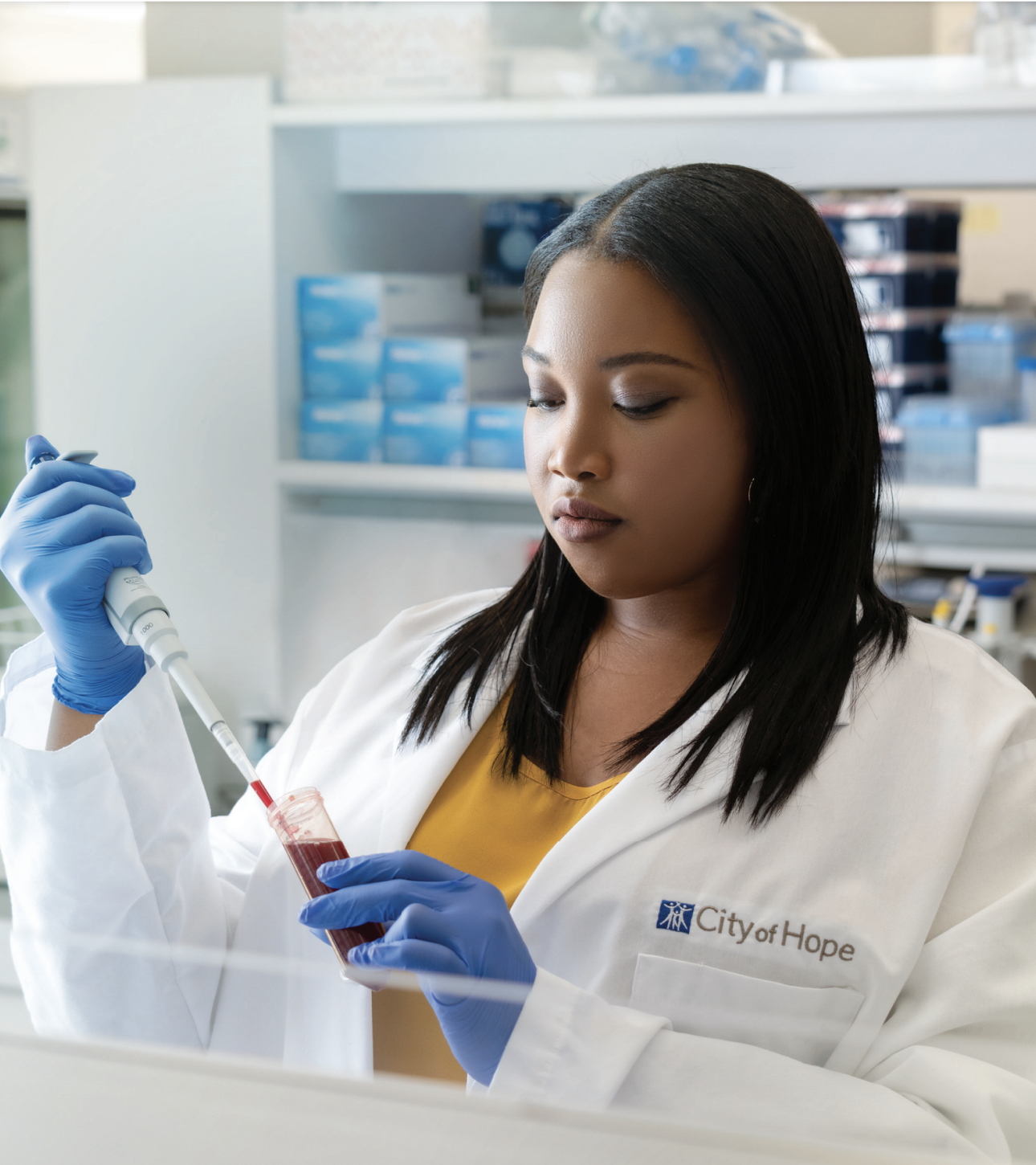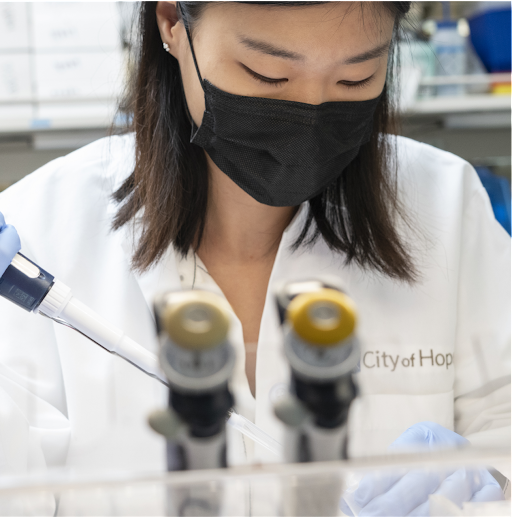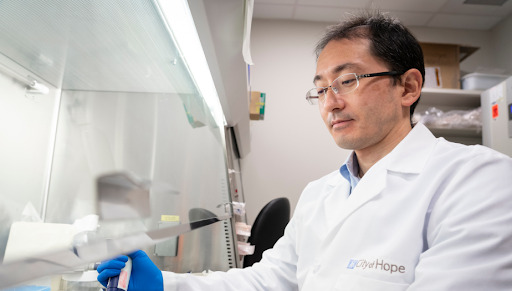
- 1. To get a personalized, precision diagnosis
- 2. To find the most advanced treatment options
- 3. To better understand and manage your specific cancer type
Biomarkers, short for biological markers, are molecular signs that tell us a specific process, normal or abnormal, has occurred in the body or is ongoing. In lung cancer, which has many types and subtypes, biomarkers provide important details beyond what a biopsy can. Many precision treatments, based on biomarkers, have been Food and Drug Administration-approved, and additional targeted therapies may be available in clinical trials. You can learn what your biomarkers are by taking a biomarker test.

Biomarker testing, also known as genomic screening, can identify which biomarkers characterize your particular tumor. The test can be done using tissue from your biopsy or with a liquid biopsy, which uses a blood sample. Biomarkers are typically identified by three or four letters, such as ALK or EGFR. The results of your biomarker test can help your doctor decide if a targeted treatment is right for you. The great advantage of these precision treatments is that they can destroy cancer cells without harming healthy tissues. Sometimes called "miracle drugs," they may be even effective in late-stage cancers when other treatments have failed.
During a biopsy or surgery, a tumor tissue sample can be taken and sent to a lab for biomarker testing, which can :
- search for many biomarkers at once, using only a small sample of tissue
- use fluorescent dye to identify cancer genes
- use antibodies to locate biomarkers in a tissue sample
Cancer DNA can also be detected by performing a liquid biopsy from a blood sample.
- Having your biomarker information gives doctors a full picture, called a genomic profile, of your unique tumor. The results will show if your tumor can be treated with an FDA-approved targeted therapy or if immunotherapy is likely to help you. Test results will also provide information about any markers that are being studied in clinical trials. This helps doctors make better-informed recommendations to customize your treatment plan.

- Patients with adenocarcinoma, a subtype of non-small cell lung cancer, are most likely to show gene changes in ALK, BRAF V600E, EGFR, KRAS, MET, NTRK, RET and ROS1 — biomarkers that have FDA-approved treatments. Doctors may also use biomarker tests for patients with squamous cell or small cell lung cancers who have never smoked. All patients can have their PD-L1 levels checked to explore whether immunotherapy is a good option for them.
- Not everyone with lung cancer will have biomarkers that can be treated with targeted therapies. It’s important to work closely with your doctor and discuss all of your treatment options at every step of your journey.

 ALK
FUSION
ALK
FUSION
 BRAF
V600E
BRAF
V600E
 EGFR
EGFR
 KRAS
KRAS
 MET
EXON
14 ALTERATION
MET
EXON
14 ALTERATION
 NTRK
FUSION
NTRK
FUSION
 PD-L1
PD-L1
 RET
FUSION
RET
FUSION
 ROS1FUSION
ROS1FUSION
Show All
If you have NSCLC, it’s important to discuss comprehensive biomarker testing with your doctor. This test looks for malfunctions or mutations in every gene with a known connection to lung cancer.
Your oncologist will send your tissue sample to a laboratory with expertise in biomarker testing. This might be the pathology department of the hospital or clinic where you are being treated or a certified outside laboratory. Results from this testing usually come back in one to two weeks.
Yes, biomarker testing is an important part of precision medicine, also called personalized medicine. Precision medicine is an approach to medical care in which disease prevention, diagnosis, and treatment are tailored to the genes, proteins, and other substances in your body.
For cancer treatment, precision medicine means using biomarker and other tests to select treatments that are most likely to help you, while sparing you from getting treatments that are not likely to help. Learn more about such targeted treatments in the Treatments tab.
Biomarker testing is not always covered by insurance. Your doctor, nurse navigator, or financial support team may be able to help you understand the specifics of your insurance coverage. Still, it is important to ask about any out-of-pocket costs for biomarker testing.
The cost of biomarker testing varies widely depending on the type of test you get, the type of cancer you have, and your insurance plan. Visit the Financial Resources page to learn more.
Please review this information with your doctor and use this to further the discussion about your care and treatment options.
